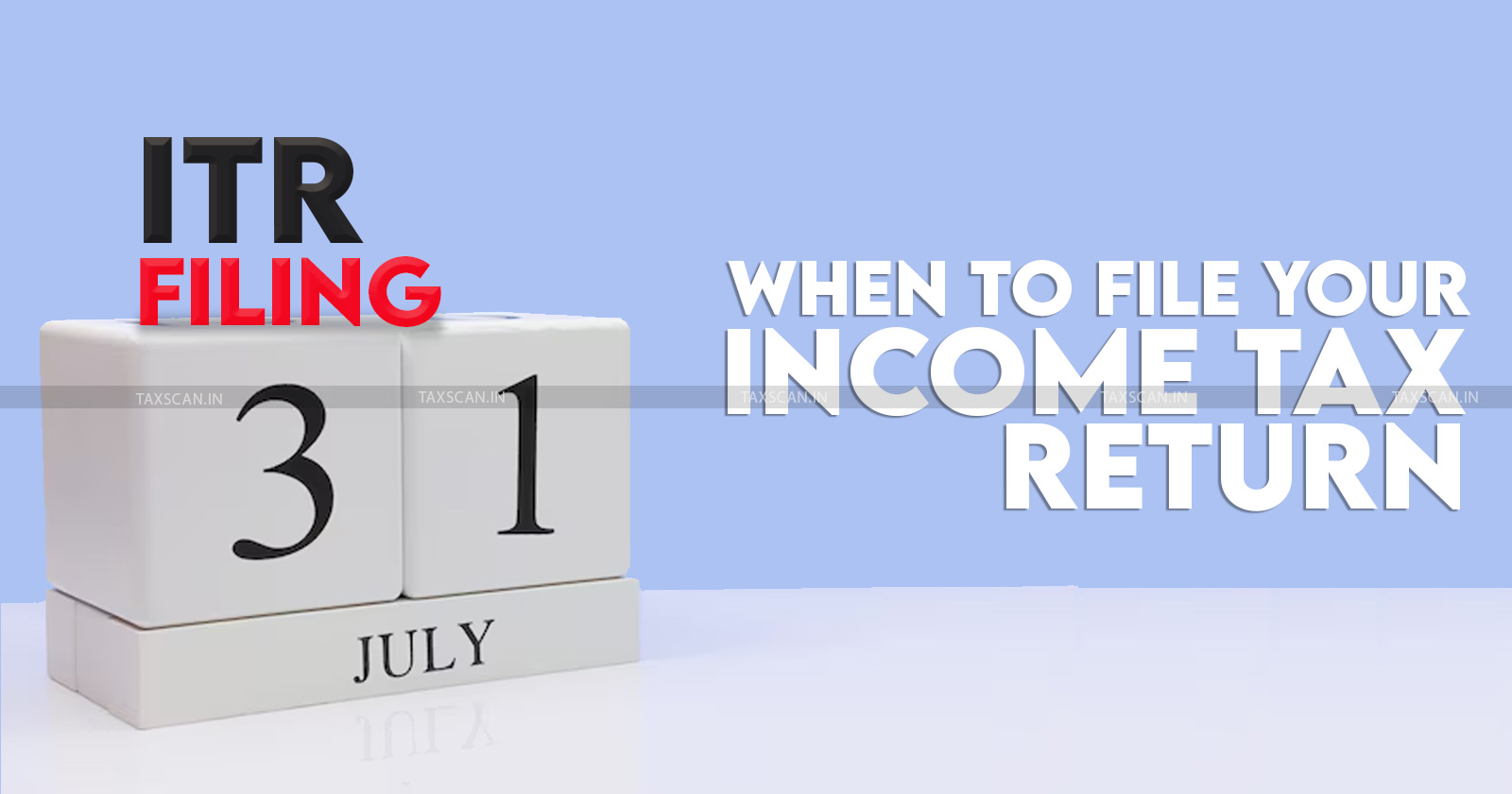Company Registration in Oman
Oman's business landscape has evolved significantly in recent years, with efforts to diversify the economy away from oil dependence. The government’s Vision 2040 development plan promotes sectors such as tourism, logistics, manufacturing, and technology. The regulatory framework is supportive, particularly for foreign investors, and Oman’s free trade agreements, modern infrastructure, and investor-friendly policies make it an attractive destination for business.
Oman's business landscape has evolved significantly in recent years, with efforts to diversify the economy away from oil dependence. The government’s Vision 2040 development plan promotes sectors such as tourism, logistics, manufacturing, and technology. The regulatory framework is supportive, particularly for foreign investors, and Oman’s free trade agreements, modern infrastructure, and investor-friendly policies make it an attractive destination for business.
Types of Companies You Can Register in Oman
Oman allows for the establishment of several types of companies. Each structure comes with its own requirements in terms of ownership, minimum capital, and legal responsibilities. The main types of entities are:
Limited Liability Company (LLC): The most common business structure, especially for small and medium-sized enterprises (SMEs). It requires a minimum of two shareholders and has a capital requirement, though in some cases, the minimum capital has been reduced or waived for certain sectors.
Joint Stock Company (SAOG/SAOC): Typically used for larger ventures. This can either be public (SAOG) or closed (SAOC), with specific regulations on share distribution and capital.
Branch Office: A foreign company can establish a branch in Oman to conduct the same activities it undertakes in its home country. A branch office is allowed if the foreign company is engaged in a government contract or project.
Commercial Representative Office: This entity is not allowed to conduct direct trade activities but can serve as a liaison between the foreign company and local clients or suppliers.
Sole Proprietorship: Omani nationals and Gulf Cooperation Council (GCC) citizens can set up a sole proprietorship. Foreigners are not permitted to register this type of entity unless through special approval.
Requirements for Company Registration
Oman’s Ministry of Commerce, Industry, and Investment Promotion (MOCIIP) oversees the process of business registration. Key requirements to register a company include:
Trade Name Registration: A unique trade name must be selected and approved by the MOCIIP. The name should not be identical or similar to existing company names and should follow specific naming conventions.
Shareholder Structure: For foreign-owned companies, at least 30% of the shares must be owned by an Omani partner unless the business falls under a free zone or certain sectors where 100% foreign ownership is allowed.
Capital Requirements: The minimum capital required depends on the type of company. For an LLC, the capital requirement for foreign investors is typically OMR 150,000, but this can vary depending on sector and regulations.
Chamber of Commerce Membership: The Company must register with the Oman Chamber of Commerce and Industry (OCCI).
Tax and Regulatory Compliance: Companies need to register for taxation, including Value Added Tax (VAT) if applicable, and ensure compliance with labor and employment laws, including hiring a specific percentage of Omani nationals.
Conclusion
Registering a company in Oman is a relatively streamlined process, especially with the government’s focus on fostering investment and economic diversification. By following the outlined steps and understanding the specific legal requirements, entrepreneurs and investors can navigate the registration process efficiently and take advantage of Oman’s growing economic potential. Whether you’re a local entrepreneur or a foreign investor, Oman offers promising opportunities for long-term success.














































